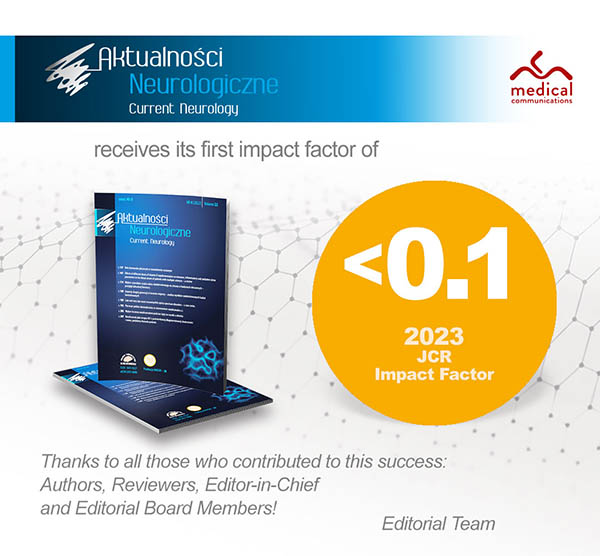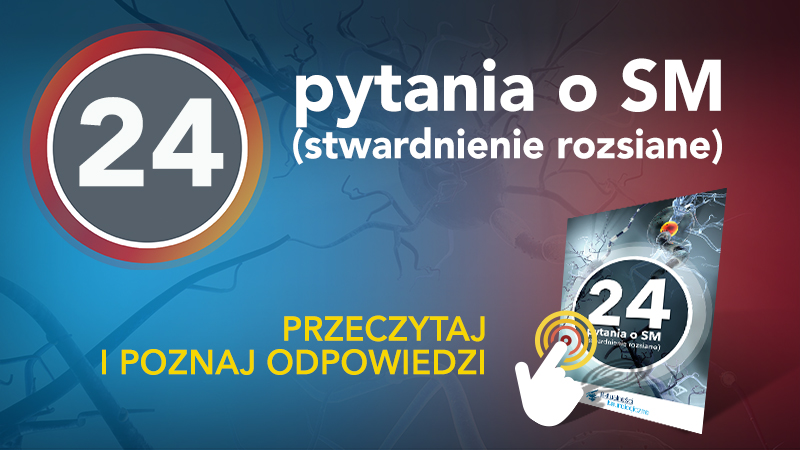Can dietary interventions delay the conversion to dementia in people with mild cognitive impairment?
Anna Barczak1,2
 Affiliation and address for correspondence
Affiliation and address for correspondenceThe lack of effective causative and symptomatic pharmacotherapy in mild cognitive impairment, which significantly increases the risk of rapid development of dementia, has directed the interests of researchers towards preventive methods. In addition to cognitive, physical and social activity as well as health prevention, dietary interventions are among the most important measures. In addition to promoting the Mediterranean and Norwegian diets, a special role is attributed to specific nutritional ingredients. Current research focuses on the role of caffeine, soy lecithin, ginkgo biloba, ginseng, vitamins B (folic acid and cobalamin) and D (mainly cholecalciferol), and omega-3 fatty acids (eicosapentaenoic acid and docosahexaenoic acid in particular). The research on the role of the above mentioned components did not fully allow for an unequivocal determination of their effects on improving cognitive function. This is due to the heterogeneity of mild cognitive impairment, which results in studies conducted in patients with aetiology other than neurodegenerative as well as healthy or demented subjects. This prevents a complete and accurate assessment of the effect limited to individuals at an increased risk of dementia. Recent data indicate that a combination of certain substances has a protective effect on the development of dementia in patients with mild cognitive impairment to a much greater extent than when these ingredients are consumed separately. Importantly, geographic, cultural, social and economic circumstances of patients do not always allow for effective interventions. The article addresses the issue of the available ready-to-use preparations enhancing cognitive function in patients with mild cognitive impairment in the light of the concept and the diagnosis of these disorders as well as the possibility of preventing dementia.








